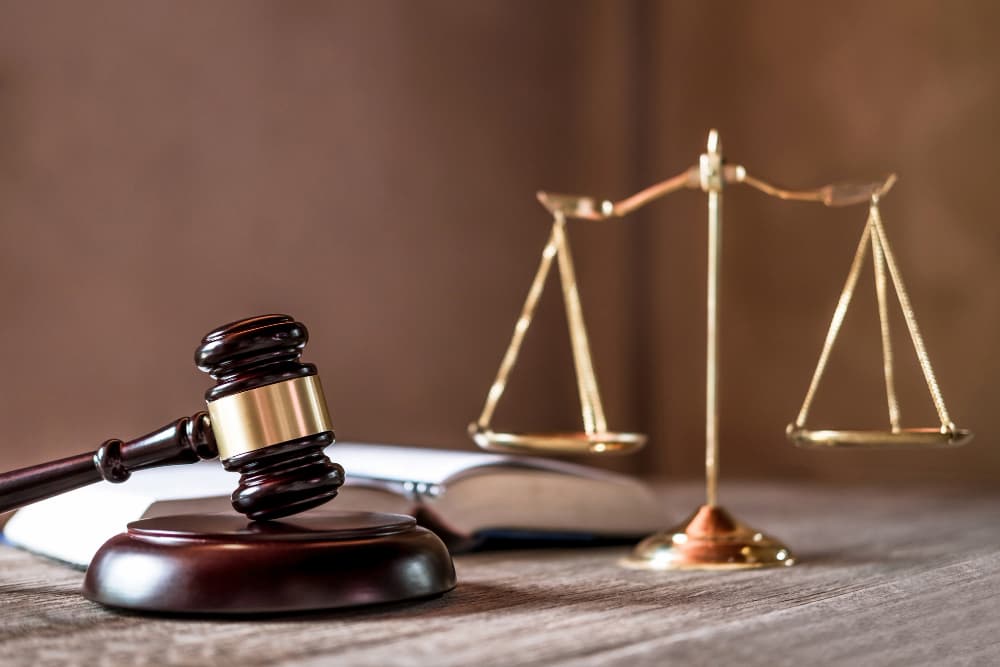Cheech and Chong did not precipitate America’s historical consciousness of or obsession with marijuana in the 1970s, nor did Louis J. Gasnier with his classic film, Reefer Madness, in 1936. Cannabis has been an integral part of American society dating back to Colonial times.
Example: George Washington, as well as countless other Colonial farmers, grew copious amounts of “hemp” (a close relative of marijuana) in their fields at the order and/or with the financial encouragement of Great Britain. Did our first President smoke “spleefs”? Did he inhale? Did he like it? The closest thing to an affirmative answer that I could find was the somewhat equivocal yet bald assertion by Harvey Wasserman (Counter Punch, February 16, 2009) that Washington “probably” did partake. Wasserman’s reasoning was based on the first President’s farming journal entry expressing regret that he separated the male hemp plants from the females. Seems like quite a leap.
In any event, in those days hemp was primarily used for cloth, rope, flags, sails and other such utilitarian purposes. Hemp has an infinitesimal amount of the THC (the “physiological and mind altering” chemical common to both plant species) found in marijuana.
The recreational use of hemp and eventually marijuana began in earnest in America in the early 19th Century and flourished by the mid- to late part of the 1800’s. In the early 1900’s various efforts were made to curtail the use, possession and sale of marijuana. Those efforts ranged from legislation to public awareness campaigns to the production and distribution of films like Reefer Madness. Yet the trend of America’s vacillation on the “pot issue” was just moving into full swing.
Movie stars, popular musicians, famous writers and the like made smoking pot seem avante garde — cool in the 30’s, 40’s and 50’s. The government “encouraged” (like the Brits two centuries earlier) farmers to grow hemp to support the war efforts during World War II and the Korean Conflict. The intended uses were the same.
Enough on the history of pot in America. The foregoing only scratches the surface. If you are really interested in the history of marijuana, I mean the comprehensive history of marijuana, click on Amazon.com and go nuts.
Possession of marijuana eventually became a crime in all states and under Federal law. In 1972, Oregon broke through as the first state to “de-criminalize” the possession of a “usable amount of marijuana”. Maine followed suit in 1976. De-criminalization is not the same thing as “legalization”. Both states continued to impose monetary sanctions for the possession of marijuana, but the offense was deemed a civil infraction (punishable by a fine only) as opposed to a crime (punishable by incarceration and a fine) for holding less than an ounce and a quarter. In 2012 Maine raised the civil threshold to less than two and a half ounces.
But there has been an ever-growing conflict of laws dealing with pot in America. While many other states have joined Oregon and Maine in the de-criminalization of the possession of usable amounts, Federal law has not budged. Possession of any amount of marijuana has remained a Federal crime as it has in some states.
More recently many states have enacted legislation legalizing the possession, cultivation and distribution (also known as trafficking) of marijuana for medicinal purposes. Colorado has legalized the use and possession of usable amounts without medical need. These state laws run afoul of federal law which has no such exemptions. How does this confusing matrix work?
The Federal law “preempts” state law. Therefore, the Feds are ostensibly free to prosecute anyone who possesses, furnishes, cultivates or dispenses (trafficks) despite the existence of State and local laws that legalize or de-criminalize the same activity. Although the Feds do not employ a “full court press” on all such Federally proscribed conduct, they do investigate and prosecute perceived drug offenses, albeit on a limited basis. A Department of Justice memorandum sets forth the current policy regarding the circumstances under which they will seek to enforce Federal marijuana laws in areas in which pot-related activities have been de-criminalized or legalized by State or local laws. Read the entire DOJ policy memorandum. The crux of the policy is to prosecute those who attempt to use State and local laws as a ruse to engage in activities beyond the scope of what those laws were intended to de-criminalize or legalize.
On November 5, 2013 the voters of The City of Portland, Maine overwhelmingly (70% affirmative votes) approved a referendum legalizing the possession and use of less than two and a half ounces of marijuana by persons over the age of 21 (use is not permitted in parks and other public places including school properties). That municipal ordinance is preempted by State and Federal law. How will it be enforced? Will it be enforced? By municipal law enforcement officers? By County Deputy Sheriffs or State Troopers?
The vacillation, the matrices and the conflicts abound. So what should you know amidst this sea of confusion, this “reefer madness” in 2013 going forward?
You must know that Federal law preempts State and local (town, city, etc.) law. In accordance with Federal law, anyone adjudicated, in other words, found to have violated a civil or criminal law, which is the equivalent of a Federal drug crime, forfeits eligibility for Federal funds for housing AND student financial aid. Thus, you, your son or daughter may be declared ineligible for housing assistance and student financial aid if he or she is adjudicated to have committed what we in Maine call a civil infraction, namely: civil possession of a usable amount of marijuana. If you are caught in Portland, it is up to State prosecutors and law enforcement officers whether or not to charge you criminally, civilly or not at all.
If you have been charged with violating any drug law, OUI or any other crime, call me at NICHOLS & Tucker at 207-879-4000 for a fee consultation.
Disclaimer: This article is intended to provide general, not specific, information about Maine law. The publication of this article does not constitute an attorney-client relationship between the author(s) and the reader(s).





